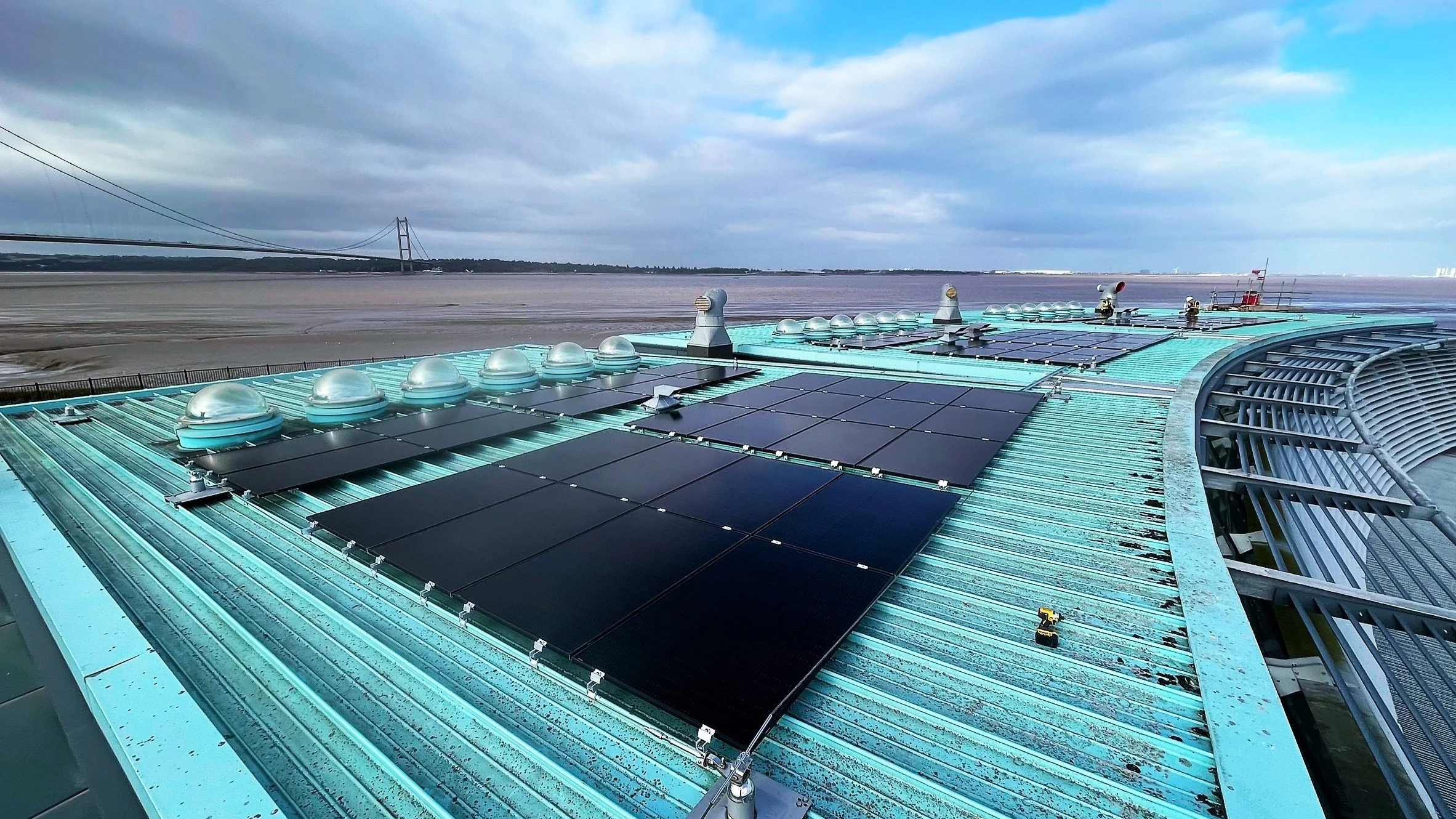Can Solar Power Be Generated on a Cloudy Day?
Solar energy is one of the most reliable and sustainable sources of power, but many people wonder: Do solar panels work on cloudy days? Since the UK often experiences overcast skies, it’s essential to understand how solar panels perform in low-light conditions and whether they can still generate electricity efficiently.
In this guide, we’ll explore how solar panels work in cloudy weather, how much energy they can still produce, and tips to maximise solar power generation even when the sun isn’t shining.
How Do Solar Panels Work in Cloudy Weather?
Solar panels function by converting sunlight into electricity through photovoltaic (PV) cells. While direct sunlight provides the maximum efficiency, solar panels can still capture and utilise diffused sunlight that penetrates through clouds.
Even on overcast days, solar panels continue to generate electricity, although at a reduced capacity. The amount of energy produced depends on cloud density, panel efficiency, and geographic location.
How Much Energy Do Solar Panels Generate on Cloudy Days?
Solar panels generally operate at 10% to 25% of their peak efficiency on cloudy days. However, several factors influence their performance:
1. Cloud Thickness and Sunlight Penetration
Not all cloudy days are the same; thin clouds allow more sunlight to pass through, while dense storm clouds significantly reduce solar energy production.
2. High-Efficiency Solar Panels
Premium monocrystalline solar panels are designed to capture light more effectively, even in low-light conditions, making them an excellent choice for cloudy climates like the UK.
3. Solar Panel Angle and Placement
Optimally tilted and well-placed solar panels can absorb more available light, improving their performance on cloudy days.
4. Seasonal Impact
Winter months bring shorter days and more cloud cover, slightly reducing overall output, but modern solar systems are designed to compensate for these variations.
Do Solar Panels Work in the Rain or Snow?
Yes! Solar panels generate electricity even in rainy or snowy conditions. Rain allows panels to absorb diffused sunlight, and it acts as a natural cleaner, washing away the dust to improve efficiency afterwards. While output drops during heavy rain (10–25% of normal), light snow rarely blocks sunlight completely. In fact, snow’s reflectivity can briefly boost energy production.
Heavy snowfall may temporarily halt energy generation if panels are fully covered, but most systems are angled to help snow slide off as it melts. Cold weather also improves panel efficiency by 10–15% compared to hot days. Avoid scraping snow off panels; opt for gentle brushing or let nature take its course. With proper installation and minimal maintenance, solar systems thrive year-round in most climates.
Can Solar Batteries Help on Cloudy Days?
One of the best ways to ensure a consistent power supply is by pairing solar panels with a solar battery storage system. Batteries allow you to store excess energy generated on sunny days for use during cloudy periods or nighttime. This increases self-sufficiency and reduces reliance on the grid.
How to Maximise Solar Power Generation in Cloudy Weather
To get the most out of your solar energy system, consider these strategies:
Invest in high-efficiency solar panels that perform well in low light.
Install a solar battery to store excess energy for later use.
Ensure proper panel placement and angle to capture maximum light.
Keep panels clean to avoid dust and debris reducing efficiency.
Use energy-efficient appliances to optimise solar usage on cloudy days.
Does Solar Power Still Make Sense in the UK?
Absolutely! Despite frequent cloudy weather, the UK still receives enough sunlight to make solar energy a practical and cost-effective solution. Countries like Germany, which has a similar climate, are among the world’s top solar energy producers.
In addition, solar incentives and government schemes make it even more beneficial for homeowners and businesses to invest in renewable energy.
Start Your Solar Journey with Grid Neutral
At Grid Neutral, we help homeowners and businesses transition to clean solar energy, even in the UK’s unpredictable weather. Our high-efficiency solar panel systems and battery storage solutions ensure you maximise your solar investment all year round.



